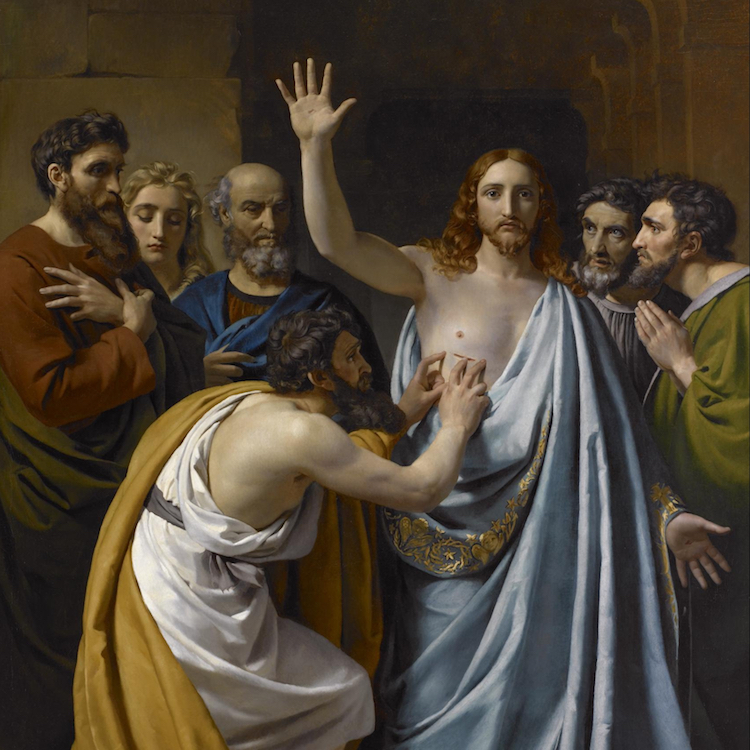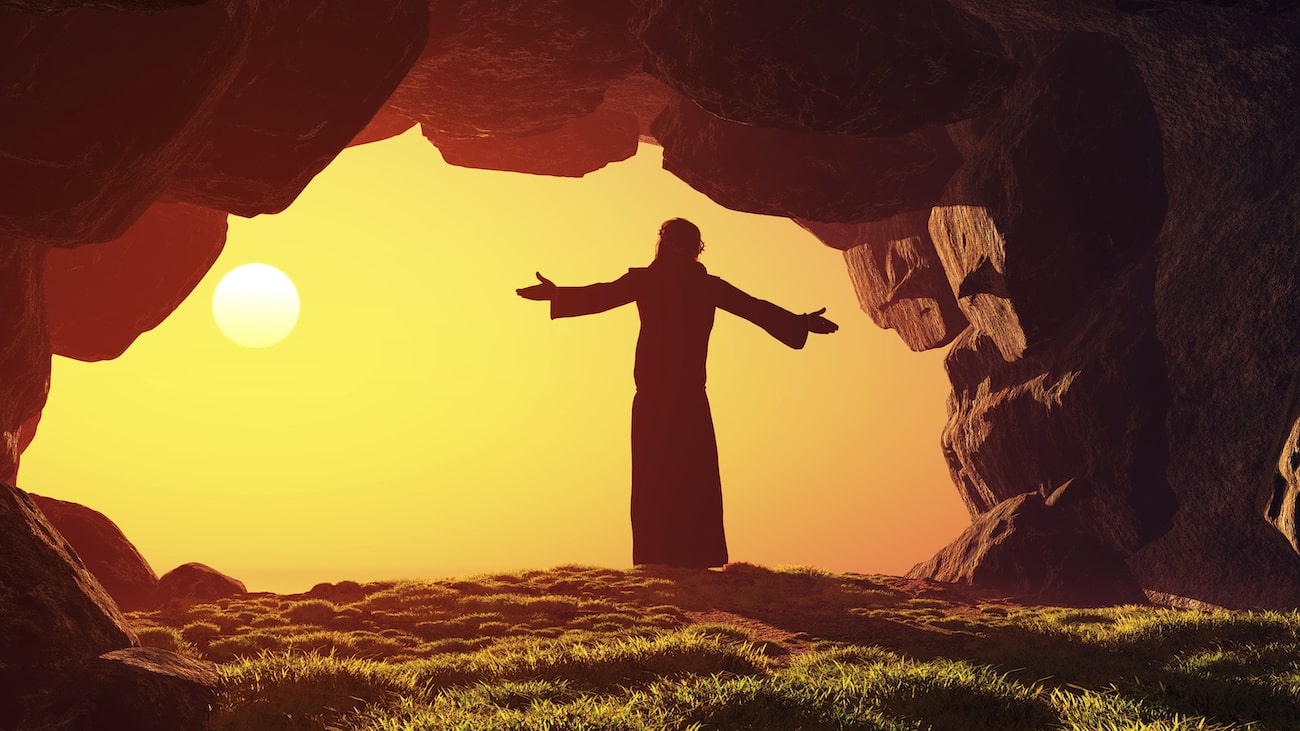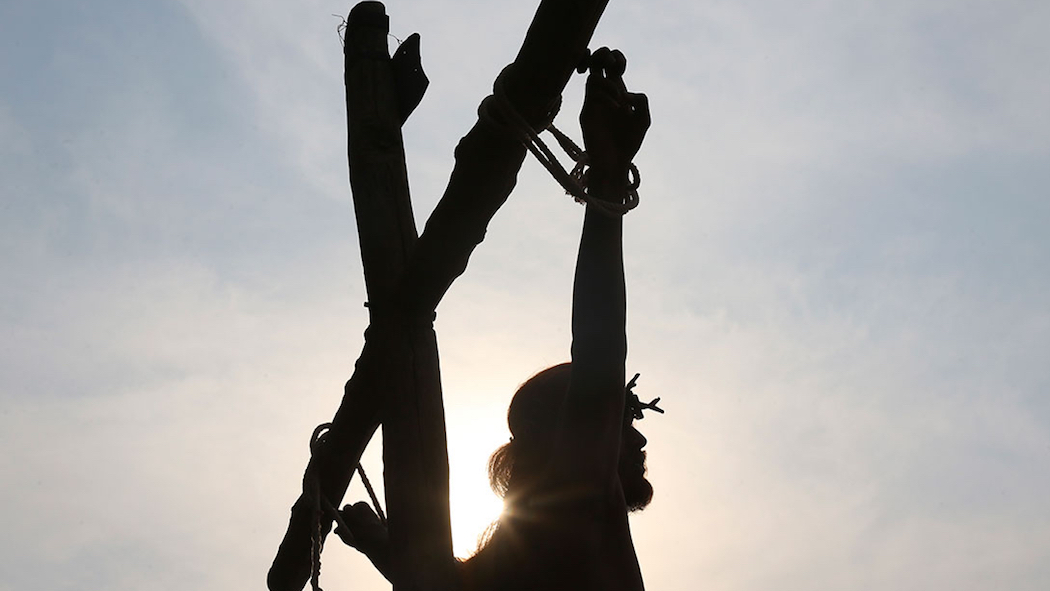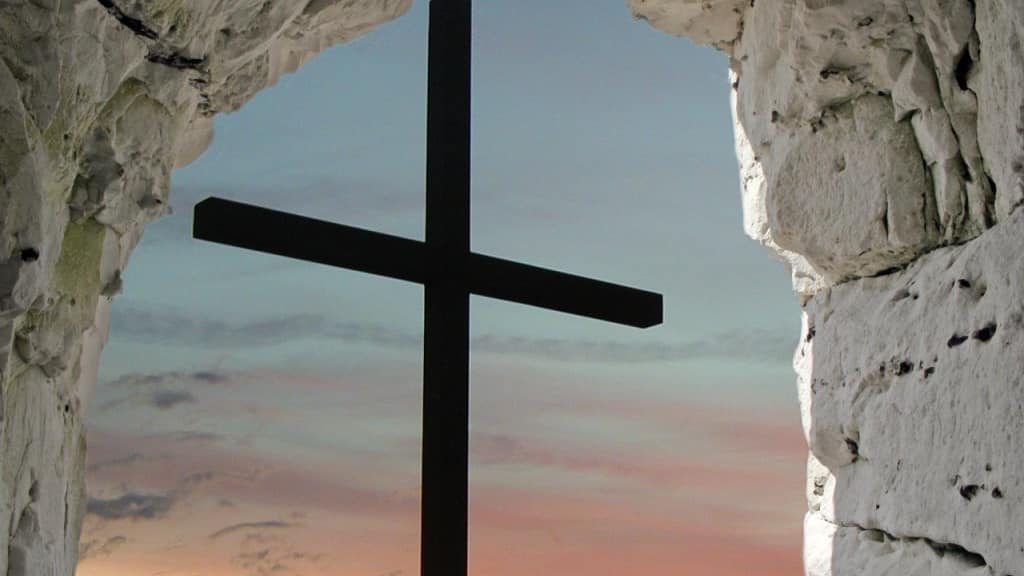In the painful context of having to literally fast from receiving the Lord in Holy Communion and, thus, having our hunger for the Bread of Life intensified, we shall ask ourselves what our reaction to the first reading (Acts of Apostles 2:42-47) might be.
Those first disciples were devoted to the teachings of the Apostles (God’s Word and preaching) and to the breaking of bread (Eucharist). For these two reasons, I think, those early Christians had to be filled with passion about the event that had changed their lives completely. Consequently, they shared whatever they had, worshipped together with great joy and ate their meals with exultation and sincerity of heart.
If our reaction is rather detached and our emotions rather flat let us keep our eyes fixed on Thomas’ reaction and emotions as reported in John 20:19-31, because God expects a similar response from us, filled with passion in spite of what we are experiencing with the pandemic caused by the coronavirus.
Today, we are offered an excellent opportunity to compare our reactions to “the event” that is Jesus with the way Thomas, the other ten disciples and the first groups of believers reacted and interacted with Him in presences that, after a period of 40 days, ceased to be physical, yet remained equally real. They reacted and interacted passionately, with abandonment, with a decisive about-face, with a radical transformation that welled up from the site of their deepest emotions.
I am saying this because, under the conditions in which we are now living, our reaction to the Jesus event might be…un-event-full. And we might fool ourselves about the intensity of our loyalty to Christ Jesus by repeating to ourselves that, in outstanding circumstances, we would do extraordinary things for our “beloved” Jesus.
But would we?
The “big day” might never come because, made the necessary adjustments requested by evolving circumstances of all sizes, our life is still in all similar to the lives of ordinary people not only the world over, but across the millennia. If Christ, our crucified and risen Lord, cannot get us all excited, bubbling over, daring the unusual and the new, acting boldly, feeling passionately, loving unreservedly, our faith must be too weak and our love for Him only lukewarm.
We cannot be devoted to a life of total sharing, total caring, total trust, total surrender, total self-sacrifice centered around God’s Word and the Eucharist, (the breaking of THE Bread) unless the risen Lord is the driving passion of each of our days. And, reflecting on 1 Peter 1:3-9, we cannot expect to be given a new birth with passion generated by a living hope, suffering through various trials if we are not consumed by love for Jesus, our Risen Lord.
Hence, if we cannot, seemingly without a good, external reason, rejoice with an indescribable and glorious joy; if we do not have an unquenchable passion for Christ, we must ask Thomas to teach us how.
One day, as Jesus and His disciples became painfully aware that those of the ruling party of Israel were determined to destroy them all, starting by doing away with Jesus, Thomas, driven by passionate, human love for Jesus, said to the other eleven: “Let us go (to Judea) and die with Him!”
An enviable display of powerful emotions indeed!
Yet, even as we wonder if we would ever be able to consider giving up our physical life for Jesus, we should realize that Thomas’ loyalty, devotion, trust and love for Jesus were passionately felt merely on the human level, thus prone to failure, to reconsideration, to cooling down, and even reversal.
Therefore, our attempt at imitating Thomas so that we may contribute to the betterment of the Body of Christ (the Church) according to the pattern offered by the 1st reading for this Second Sunday of Easter, should take into consideration the crucial role of the community gathered for Sunday’s breaking of the Bread, the Eucharist.
This is indeed what John is teaching us in his usual subtle way in today’s gospel narrative. (John 20:19-31)
Inevitably, in the course of our earthly life, there are times when our human emotions of loyalty and love for Jesus might not be enough to sustain us and help us to take that leap of faith necessary for us to “see the risen Lord” in our gatherings for the Eucharist. It is as if we were not there at all. Thus, as it happened to Thomas, whatever is reported to us by the rest of the community fails to be impactful and uplifting in the situation in which we find ourselves.
Indeed, at times, our emotions could not, cannot be jolted and charged up by other people’s experience especially in these weeks in which the doors of our church remain shut. Hopefully soon, we will resume assembling every Sunday to do Eucharist, to break Bread together.
The seven days in between gatherings for the Eucharist should become again the object of our interest because we would have to connect what we felt for Jesus in the past (and we still feel for Him at the present time), with what the community, seemingly unaware of our pain and confusion, keeps telling us: “we have seen the Lord”.
Can we imagine what roller coaster of emotions, of questions, of reactions must have milled through the mind, the heart, the whole body of Thomas during those seven days?
For us, too, at times, it might be necessary to withdraw inside our inner room, to be alone with ourselves, in order to find Jesus in such a way that the following Sunday we would not feel the need to touch Him physically.
The time of interiority, of silence, of darkness, of sharp pain is necessary, unavoidable, in order to hone our emotions and allow them to be aided by the presences of Christ available to us ever since the Church’s inception.
This is the lesson taught us by Thomas. We should not shy away from the painful process of sorting out, of demanding, of wondering. The Lord will meet us precisely in the middle of our predicament and of our longing.
Once this is over, we would be able to join Thomas in crying out: “My Lord and my God.” Our emotions would be stronger and more genuine, too, and we would be given a new birth to a living hope.








